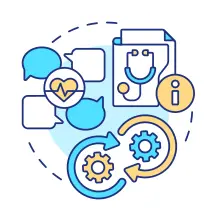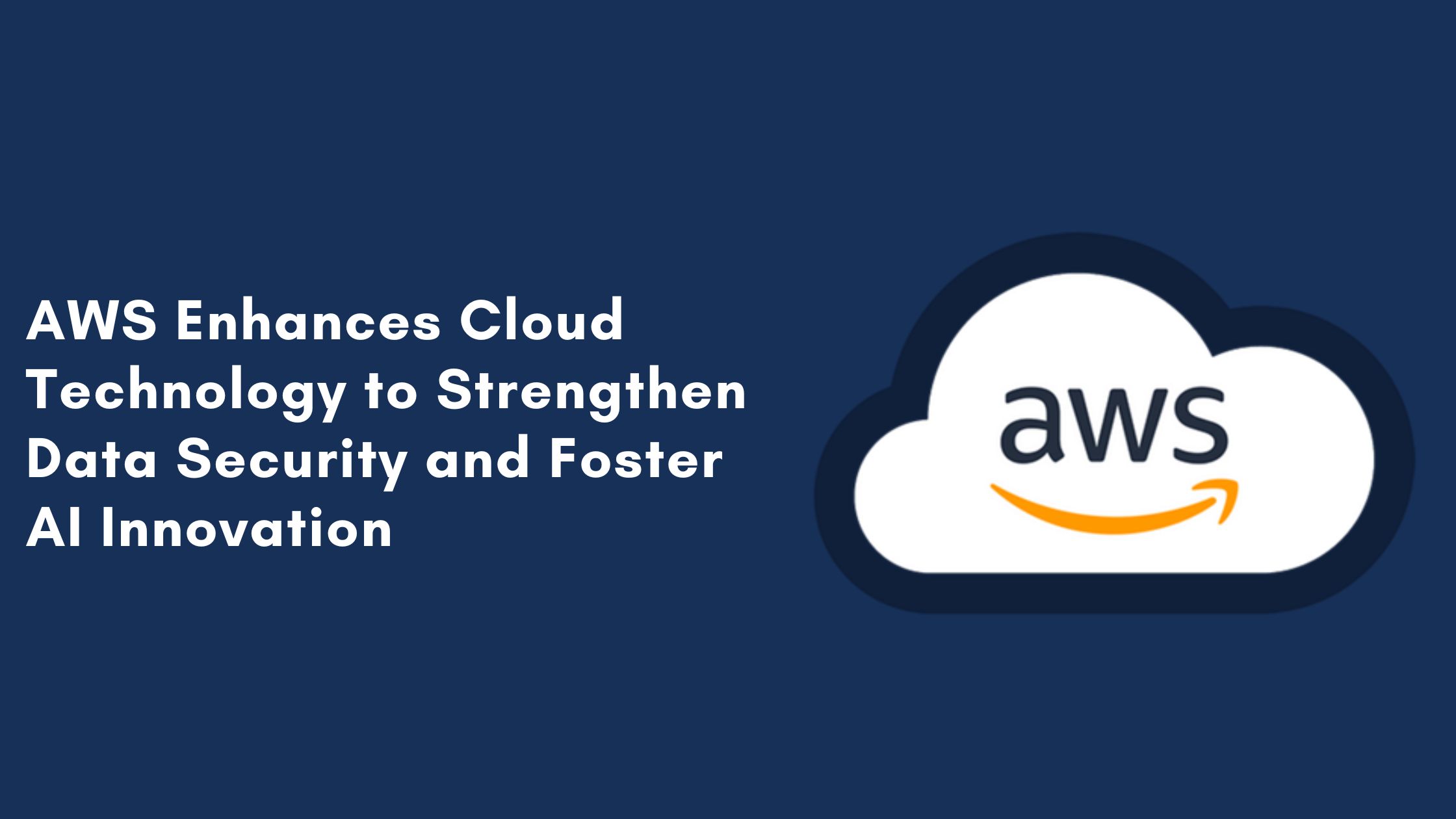

Healthcare organizations have a significant chance to achieve significant cost savings and operational improvements through the archiving of medical data. Organizations can efficiently handle and preserve enormous amounts of data by putting in place a strong archive solution, meeting crucial compliance and risk management demands in the face of ever changing regulatory regulations.
Furthermore, a well-thought-out healthcare data storage system provides a strong basis for utilizing data analytics and artificial intelligence (AI) technologies in addition to guaranteeing compliance with legal requirements. This essay explores the relationship between healthcare data archival and cost reductions in great detail, outlining the concrete advantages and revolutionary possibilities for healthcare companies.
What is healthcare data archival, and why is it important?
Large amounts of administrative and patient health data must be safely stored and managed as part of healthcare data archiving. It is essential for managing risks, adhering to legal obligations, and effectively using data for analytics and artificial intelligence training.
Cost Efficiency through Healthcare Data Archival – Overview of the Strategy
1. Rationalizing the Application Portfolio
One of the most important cost-cutting techniques is to trim the application portfolio. Significant savings can be achieved by streamlining the operational burden related to data preservation and system maintenance. Operational costs can be greatly reduced by retiring outdated systems and combining different legacy systems into a unified archive.
Expected Outcome: IDC reports that legacy application expenses can be lowered by 50% by migrating to an affordable healthcare data preservation solution.
2. Determining Archival and Migration Criteria
Making strategic decisions is essential when deciding which datasets to move and archive. By ensuring that only pertinent data is kept in the Electronic Health Record (EHR) system, a well-thought-out strategy optimizes storage expenses.
Expected Outcome: Healthcare businesses can maintain compliance with regulatory standards and maintain accessibility to current data by storing older patient data in an archiving system. Current archive solutions make it easier to integrate seamlessly with EHR systems, improving accessibility and lowering data retrieval expenses.
3. Streamlining Patient Data Searchability
Increasing the searchability of patient data lowers resource costs and improves operational effectiveness. Time and effort are reduced when patient information is retrieved quickly and accurately thanks to efficient workflows.
Expected Outcome: In comparison to conventional systems, advanced healthcare data archival solutions provide more functionality, making it easier to retrieve historical data from EHR systems. This simplified access reduces long-term costs by doing away with the requirement for heavy legacy programs.
4. Ensuring Effective Data Management
Security and regulatory requirements for older data require efficient access management. Respecting SOC2 and HIPAA regulations reduces legal risks and builds confidence with stakeholders and patients.
Expected Outcome: Organizations can repurpose resources that were previously allocated to data management through the archiving of healthcare data, which boosts productivity and lowers expenses. Workflows are streamlined, processes are optimized, and redundancy is reduced when data sources are consolidated.
5. Enhancing Data Security and Privacy
Robust data archival solutions are essential for improving data security and privacy in healthcare companies, in addition to helping to drive cost savings. The danger of data breaches and unauthorized access is successfully reduced by centralizing data storage and enforcing strict access controls. By taking a proactive stance, sensitive patient data is protected and potential financial losses from data breaches are reduced.
Expected Outcome: By putting in place a strong data archival solution, patient confidentiality and the accuracy of medical records are protected from data breaches and illegal access. By taking a proactive approach, healthcare organizations can avoid legal ramifications and reputational harm while also saving a significant amount of money.
6. Facilitating Regulatory Compliance
Healthcare organizations must adhere to strict regulatory standards to protect patient privacy and the security of patient data. Adherence to laws like GDPR and HIPAA is ensured by a thorough data archival policy. Healthcare organizations can further save costs by avoiding expensive fines and legal repercussions by safely keeping and maintaining data in strict compliance with regulatory regulations.
Expected Outcome: Healthcare firms can reduce the risk of non-compliance penalties and legal liabilities by following regulatory requirements and implementing comprehensive data archival policies. By steering clear of expensive regulatory fines and legal ramifications, this proactive compliance approach protects the organization’s financial integrity while also fostering confidence among patients and stakeholders.
How does healthcare data archival contribute to cost savings?
By reducing application portfolios, optimizing data storage, and improving operational efficiency through better data searchability, healthcare data archival helps save operating costs. Organizations can cut costs significantly by combining outdated systems and putting in place contemporary archive solutions.
Is healthcare data archival suitable for all types of healthcare organizations?
It is possible to customize healthcare data archival solutions to meet the requirements of different healthcare organizations, such as clinics, hospitals, networks, and research centers. Solutions that are scalable and adaptable can handle varying data quantities and organizational needs.
Can archived healthcare data be easily accessed and retrieved when needed?
Indeed, contemporary healthcare data archiving systems are made to seamlessly integrate with Electronic Health Record (EHR) platforms, making it possible to retrieve stored data quickly. Fast access to past patient data is made possible by sophisticated search features and intuitive user interfaces.
How can organizations learn more about implementing healthcare data archival solutions?
In addition to speaking with industry experts and participating in informative webinars and workshops, organizations interested in deploying healthcare data archival solutions can also take advantage of tools offered by reliable vendors. Organizations can make well-informed judgments regarding the implementation of archiving solutions customized to their unique requirements by interacting with knowledgeable professionals and carrying out exhaustive research.
Conclusion
It is clear that cost effectiveness and the archiving of healthcare data are related. By putting these tactics into practice, healthcare organizations can save money right away and turn data into safe, useful tools.
To properly capitalize on its advantages, healthcare executives need to understand how data archiving is changing in the context of legacy management. Comprehending these benefits enables companies to provide high-quality care while efficiently controlling costs, we hope you like our blog which was Unlocking Cost Efficiency Through Healthcare Data Archival follow clindcast.com regularly to keepyourself updated in the world of Healthcare IT.






















